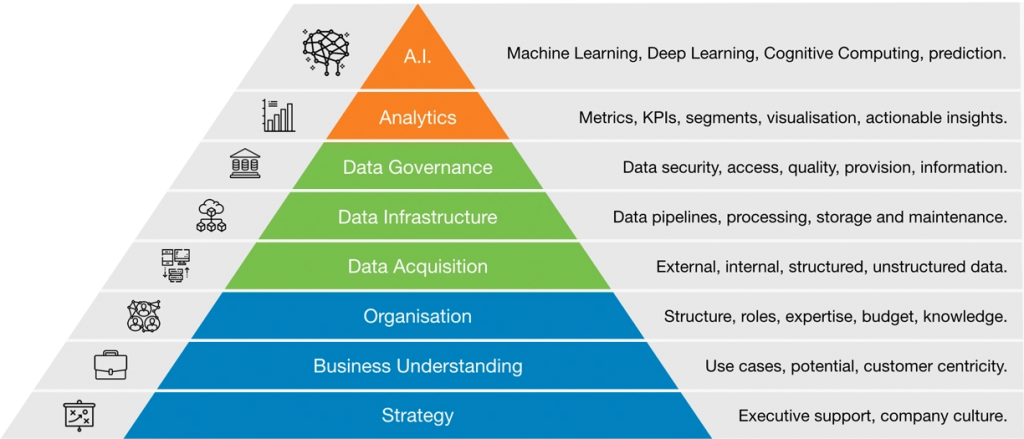Data-driven business modeling - SAGlobal LLC



Pre-Built Demos Collection
SaaSio comes with a beautiful collection of modern, easily importable, and highly customizable demo layouts.
Main Demo
Main Demo
Main Demo
Main Demo

A recent survey by EY highlights that 81% of businesses agree that data should be at the heart of all decision making. The same report shows that only 31% of companies have significantly restructured their operations to do this.
So what does it mean to be a data-driven business? And how can you transform your own business to make data-driven decisions and dominate your competitors?
Data-driven businesses are those that make their decisions using data and analytics. If you use data to drive outcomes your business wants, then decisions leading to these outcomes will be made using facts rather than gut feel. So far, so simple.
A core business based on data is nothing new per se. Nevertheless, new technologies are providing more and more industries and companies with ever broader opportunities to take the now massive amounts of data that are being generated and use it for their own purposes, for example to implement smart products with the help of wireless sensor networks or to integrate people more closely into decision-making processes through mobile computing. One example is how the sensor-based monitoring and adjustment of fuel consumption changed both the value proposition and value added for engine manufacturer Rolls-Royce. Another is how office supplies retailer Staples now manages its online prices based on customer location data.
All these data-driven solutions show that when data becomes the core element of a business model, this goes far beyond merely evaluating and using data to make the process of value creation more efficient. Companies must therefore ask themselves – not only in production – how they can use technologies as well as existing or new in-house and third-party data to deliver data-driven services and additional business models. To see clearly just how disruptive the impact of new technologies and data can be on value-added structures in ecosystems and the kind of challenges they pose, one need only look at publishing and media companies.
The move to a data-centric view represents a paradigm shift and a major driver of the digital transformation for previously non-data-driven companies. In the future, every successful company must have a clear idea of what data means to it.
And this focus on data will be reflected in almost all areas: in its range of services, its revenue model, in key resources, processes, cost structures, in its corporate culture, its focus on customers and networks, and in its corporate strategy. Only by focusing comprehensively on data and taking into account the effects that such a shift will have on the entire business process can a company hope for lasting success in the future.
